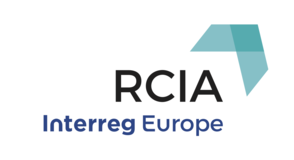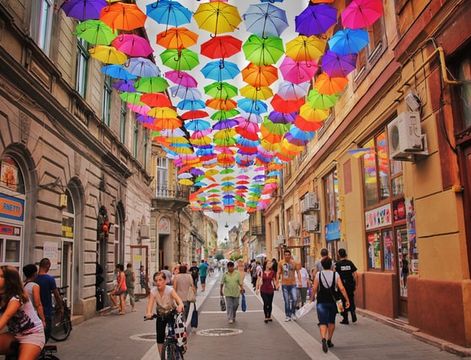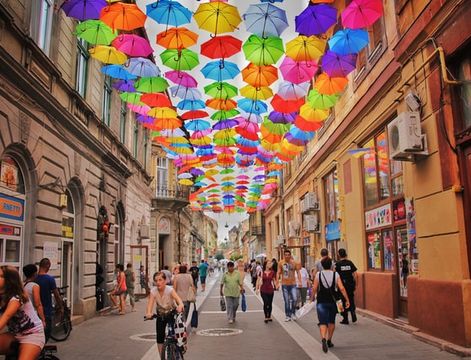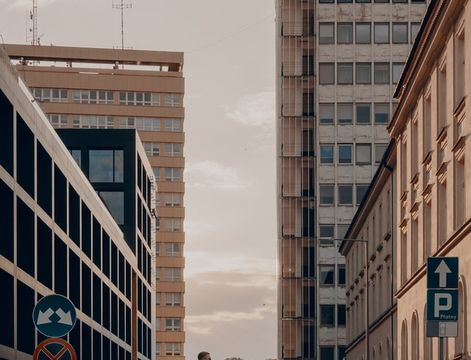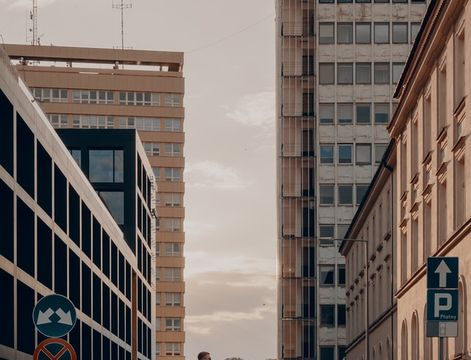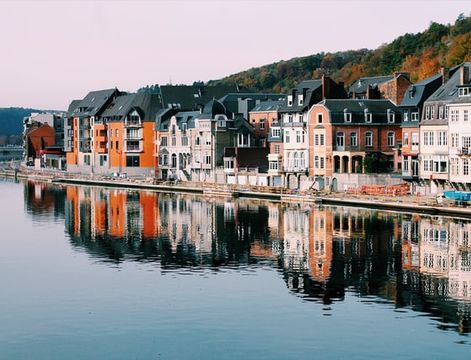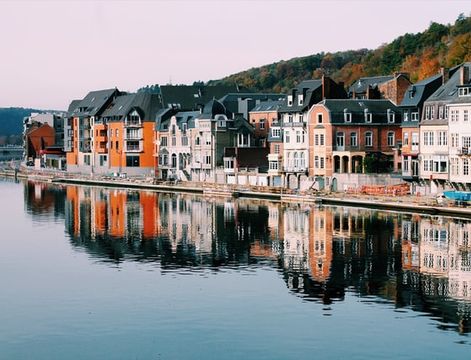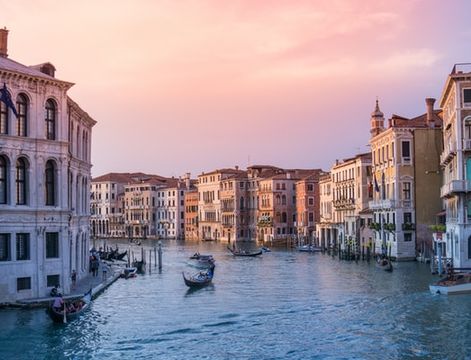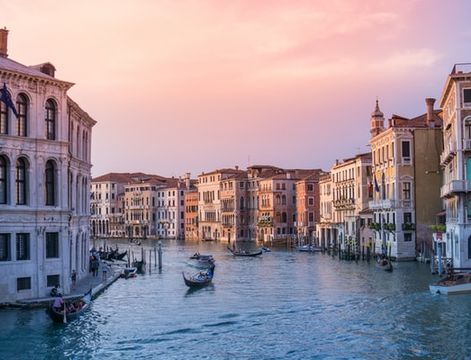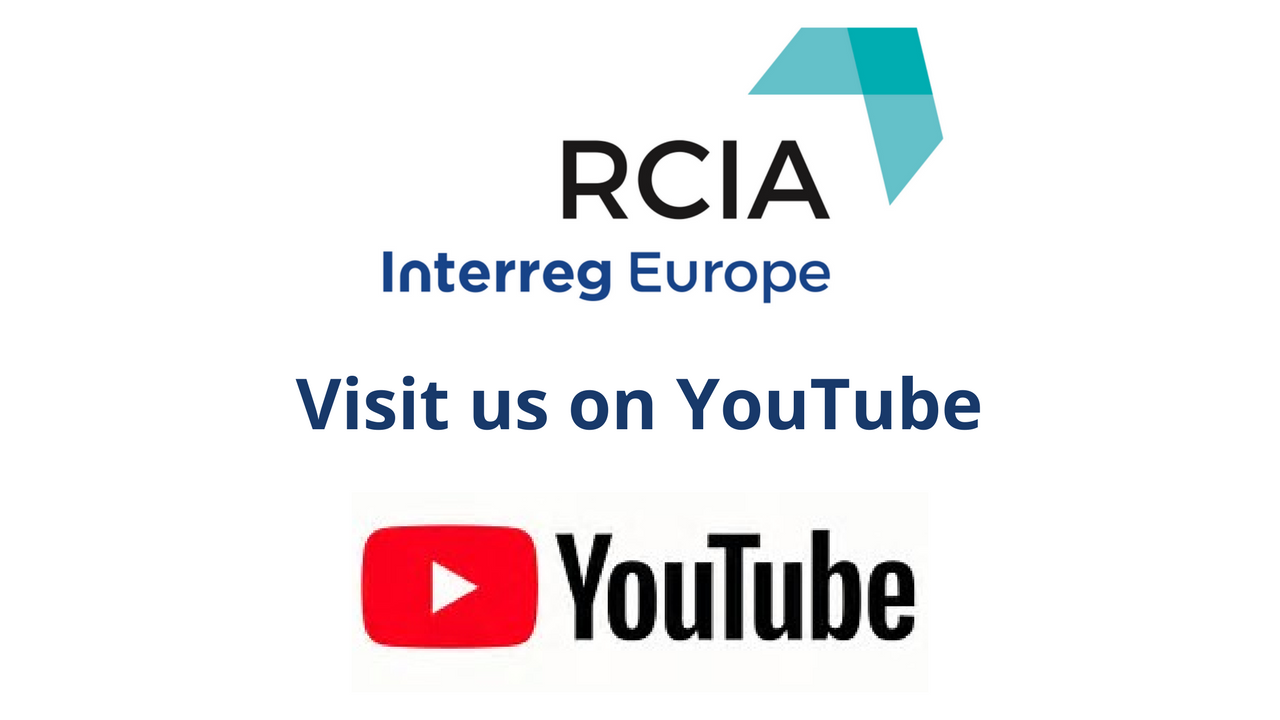A closer look at Local Stakeholder Groups - Part 2
Local Stakeholder Groups and the RCIA project help structure the thinking for the future of CCI’s in Wallonia. It helps to collect some information and create a good basis for developing future concrete actions.
You can read more about the structure and practical implementation of the LSG in "A closer look at Local Stakeholder Groups - Part 1". Below, you will get insights from the LSG members.
What themes are addressed within the LSG?
As we have a common LSG for CREADIS3 and RCIA Interreg projects, we take this opportunity to address common topics of interest and share the knowledge between the two projects.
In order to establish the Local Action Plan, we are trying to have a better understanding of the CCI’s ecosystem in Wallonia. For the moment, we are analyzing a mapping established by the project officer of the CREADIS3 project in order to have a territorial diagnosis of our ecosystem. Moreover, the DGO6 accomplished a statistical work in order to have accurate numbers of the CCI’s sector in Wallonia. We will present this work during the next LSG meeting.
At each LSG meeting, a feedback is given on the different good practices presented during the study visit. We analyze if it could be useful and the capacity to adapt and to transfer this knowledge/good practice to Wallonia in order to improve our policy instrument. Therefore, this step would be helpful to build our Local Action Plan.
In a more global perspective, we explore different studies regarding the CCI’s and the priorities of CCI’s in a European context. It is a way to follow the trends and to be up to date on this thematic. Moreover, if we have interesting news or calls about CCI’s we communicate to it to our stakeholders.
How do these themes relate to the learnings from the RCIA project?
The role of our stakeholders is to identify the key success elements and the bottlenecks of the implementation of the creative hubs in Wallonia looking at them from the perspective of similar initiatives the other partners implement in their regions. To illustrate this point, after the exchange of experience in Bolzano, we contacted the responsible of the BASIS structure that we discovered in Bolzano. BASIS is similar to our creative hubs. We are interested in understanding how they manage their project with the ERDF funding.
After each study visit, we tried to disseminate what we learned to the accurate person. For example, we transfer the presentation of the film fund to the responsible of Wallimage (an audiovisual fund in Wallonia). We also learnt that in Bolzano there are food’s laboratories. We shared this news with our gastronomy Living lab in Wallonia. Informal discussions during the study visit can also be thought-provoking.
Thanks to the RCIA project, we structure our thinking for the future of CCI’s in Wallonia. It helps us to collect some information (as the territorial diagnosis or the statistical work), in order to have a good basis for developing future concrete actions.
We are convinced that the next step of the RCIA project (policy roundtable and staff exchange) will also be an enriching step for our Local Stakeholder Group in terms of inputs from other partners.
Input from the Local Stakeholder Group in Wallonia
In order to better introduce our Local Stakeholder Group to other partners of the RCIA project, we sent a little survey to our stakeholders. All answers were collected anonymously.
Why have you joined your local RCIA stakeholder group?
“For my interest in the theme of possible collaboration between CCIs and the rest of the economy, or even the so-called more traditional fields of economics, but also to learn more about how the subject is approached and explored in other regions, to discover good practices that can potentially be reproduced.”
“To meet potential partners and learn from their best practices”
What are you hoping to achieve being part of the stakeholder group?
“To learn more about the subject, discover good practices that can be reproduced and work in a friendly and constructive spirit with different Walloon partners, in order to better collaborate in the Walloon framework.”
“Learn how others succeed where we face challenges”
What are currently the biggest challenges for the CCI’s?
“In my opinion, if we are talking about the projects of the CCIs themselves, it is about the professionalization of their approach, the ability to take into account an economic context and to speak that language. If it is a question of projects in collaboration with the rest of the economy, the biggest challenge would be to develop its potential impact and a form of return on investment, but also to monetize an expertise and this expected impact.”
“The difficulty (or even the impossibility) of dialogue and meeting between creators-makers and companies-public organizations. The lack of information for the first and the frightening image for the second.”
